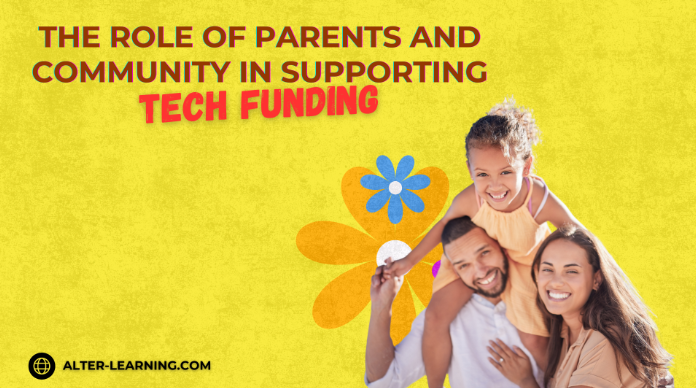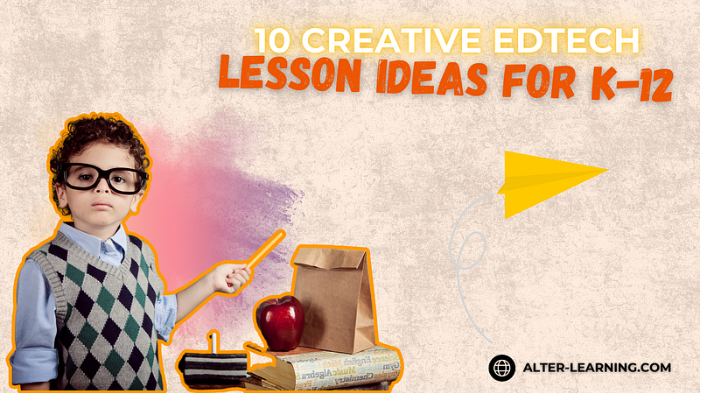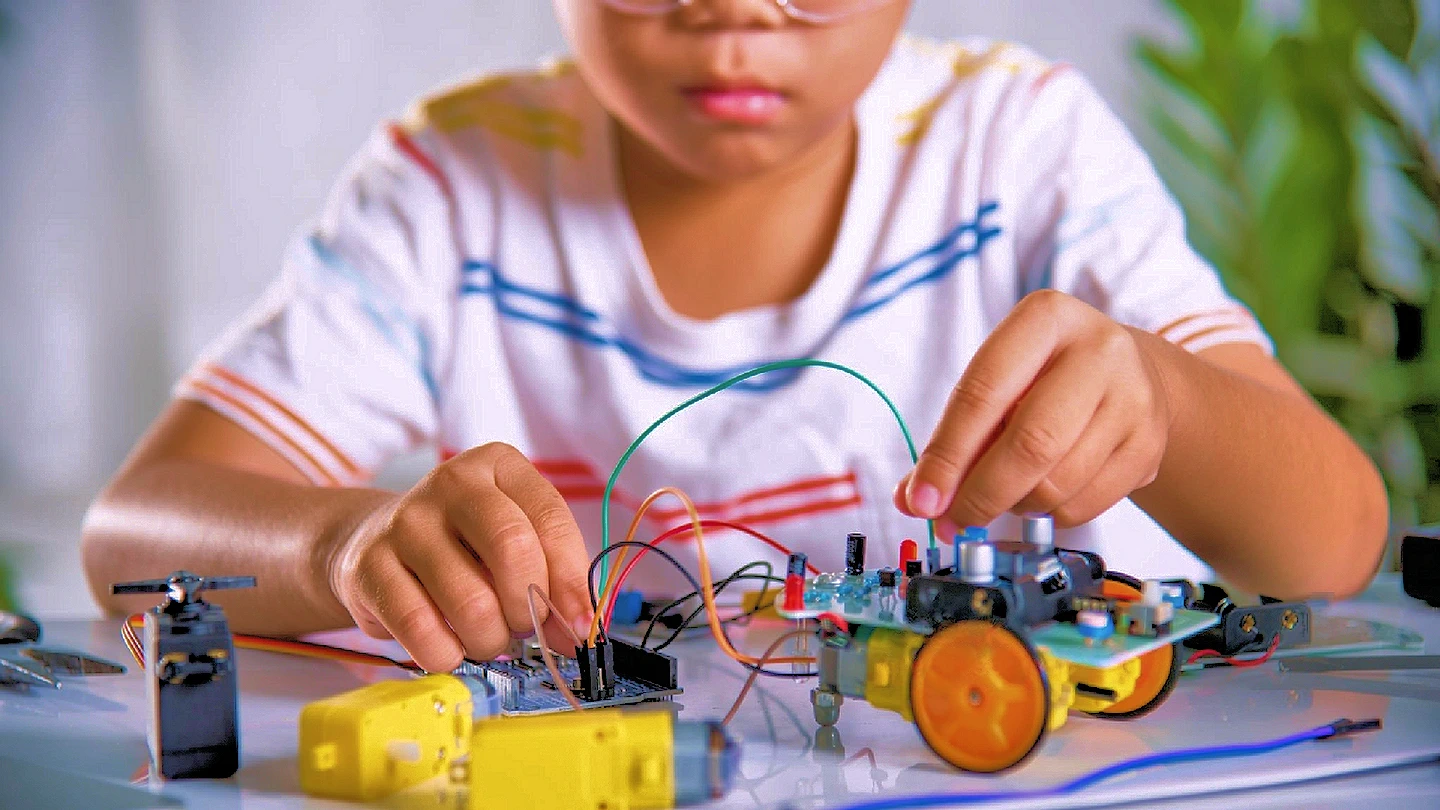In today’s world, digital literacy is no longer a bonus skill—it’s a basic requirement. As industries evolve and the workforce continues to digitize, students need more than subject knowledge to thrive. They need the confidence, flexibility, and awareness to navigate digital tools, assess online information, communicate effectively, and solve problems using technology.
Digital literacy can serve as a foundation for both academic success and career readiness. And while schools are increasingly integrating digital tools into learning, the challenge remains: how can Alter-Learning help prepare students for a tech-powered future in ways that are meaningful, inclusive, and engaging?
What Digital Literacy Really Means
Digital literacy goes beyond knowing how to use a computer. It includes a wide set of competencies that prepare students to interact with and critically evaluate technology in everyday life and work.
Core aspects of digital literacy include:
- Information literacy: Knowing how to find, evaluate, and use online content responsibly,
- Technical fluency: Understanding how to operate devices, software, and digital tools,
- Communication and collaboration: Using technology to share ideas and work effectively with others,
- Creative problem-solving: Leveraging digital platforms to design, code, and innovate solutions.
These skills can help students adapt to a rapidly changing job market and confidently step into roles that require both independence and collaboration.
The Workforce Is Evolving—Are Students Ready?
Across nearly every sector, employers are looking for candidates who are comfortable using technology. Whether in health care, logistics, engineering, design, or education, tech integration is reshaping how we work.
Here are just a few examples of how digital literacy can translate into career readiness:
- In STEM careers, workers may use simulations, coding tools, or robotics to innovate or troubleshoot,
- In creative industries, professionals need to master design platforms, video editing, and digital storytelling,
- In business and communication, success depends on mastering email, project management tools, and virtual collaboration,
- In public service, staff use data dashboards, case management software, and online platforms to serve communities.
Students with a foundation in digital literacy can approach these tasks with confidence—and the ability to keep learning as new tools emerge.
How Alter-Learning Can Support Digital Literacy
While textbooks teach facts, immersive learning platforms can help students develop hands-on familiarity with digital tools. Alter-Learning offers a growing library of STEAM educational games and immersive experiences that can help build digital fluency while reinforcing subject knowledge.
Some of the ways Alter-Learning can support digital literacy include:
- Interactive simulations, such as virtual chemistry labs, 3D geometry puzzles, and engineering challenges for students,
- VR education apps and AR learning experiences that introduce students to emerging technologies,
- Creative arts education software, where students can experiment with sound, visuals, and performance in a low-stakes environment,
- Collaborative environments, like multiplayer game modes and hybrid classrooms, that teach students how to communicate and problem-solve digitally,
- Student dashboards and reflective tools, which encourage self-assessment and goal setting—key habits in digital learning.
These tools not only help students grow familiar with platforms—they also show them how to use tech to think critically, create solutions, and work with others.
Supporting Educators and Families Along the Way
For students to grow as digital citizens, schools and families must work together to provide structure and encouragement. That means:
- Introducing platforms like Alter-Learning early, in age-appropriate ways,
- Modeling ethical and effective tech use in class and at home,
- Encouraging students to explore responsibly—building curiosity, not just consumption,
- Offering space to reflect on tech’s impact and role in their lives,
- Providing access to tools for all learners, regardless of background or ability.
Digital literacy can’t be taught in one lesson—it’s a skill set developed through practice, exploration, and support.
Preparing Students for the World Ahead
In a digital world, knowing how to learn is just as important as what you learn. Students who can think critically, communicate clearly, and adapt to new technologies will be best prepared to lead, collaborate, and innovate in their careers.
With interactive platforms like Alter-Learning, schools can introduce these concepts in age-appropriate, engaging ways—helping students explore the tools of tomorrow while staying rooted in curiosity, creativity, and care.
Because the future doesn’t wait. But with the right tools, students can be ready for whatever comes next
Follow Alter-Learning for more insights into immersive education, edtech success stories, and the future of learning. Want to explore how VR/AR could transform your school or learning platform? Let’s connect.




